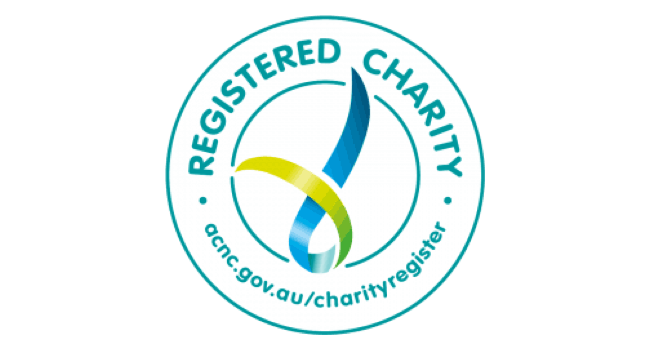These tables provide a breakdown of some common roles that help to get things done and keep a group going.
Getting things done
The following chart describes some different roles and types of behaviour that can help a group achieve its goals. You might recognise these roles being carried out by yourself or others in your group meetings and other interactions.
| Function/Role | Its Purpose | Things to do |
| Initiator | Help the group gain direction and purpose. | Propose tasks, define problems, suggest procedures and solutions. |
| Information Seeker | Make group aware of the need for information. | Request relevant facts, ask for clarification.
Research. |
| Information Giver | Provide group with information that’s relevant to its work. | Offer facts and information you have. |
| Opinion Seeking | Test the group for consensus, find out group opinion. | Ask for feelings or opinions from each member in turn. |
| Opinion Giving | Provide a basis for a group decision. | State your belief or opinion about something, ask for reactions. |
| Clarifying | Seek to eliminate any confusion in group. | Define terms being used, interpret ideas, paraphrase people’s ideas to check understanding, sum up. |
| Elaborating | To reduce ambiguities, show implications of plans and decisions. | Give examples, explain meanings, describe possible events. |
| Co-ordinating | Help group organise ideas and plans. | Suggest ways that different issues can be discussed and handled. |
| Procedure Developing | Help group work out order of meetings.
Next steps/campaigns. |
Suggest an agenda, ideas of what to do next. |
| Agreement Testing | Help group find out how close it is to agreement on action. | State areas of agreement, make tentative proposals for group reaction, ask if agreement is possible. |
| Summarising | Help group to see how ideas are related. | Sum up, pull ideas together, point out contradictions and areas of disagreement, offer conclusions. |
| Evaluator | Keep group in line with its goals, provide sense of progress. | Point out the progress the group has made, also point out any blocks, critically examine ideas. |
Maintaining the group
This table describes some different roles and types of behaviour that help build up and maintain the cohesiveness and commitment of your group. You may recognise these roles being caried out by yourself and others in your group meetings and other interactions.
| Function/Role | Its Purpose | Things to do |
| Encouraging | Help bring out other members’ opinions, give them recognition for contributing. | Be warm and friendly and responsive, ask opinions of people who are silent. |
| Expressing Feelings | Show group reactions to ideas and suggestions. | Express own feelings, restate other peoples’ feelings and opinions. |
| Tension Relieving | Reduce tension in group and allow free expression of ideas etc. | Make jokes, suggest breaks, re-focus discussion. |
| Compromising | To maintain the group cohesion. | Offer or accept compromises to avoid divisions, admit mistakes. |
| Facilitate Communication | Help maintain open discussion. | Encourage silent members to speak, use special tools, suggest discussion formats. * |
| Interpreting | Aid group understanding. | Paraphrase other speakers before giving own ideas. |
| Listening | To provide an interested, appreciative audience for other group members. | Accept other ideas, thank people for speaking. |
| Harmonising | Help reduce tension and reconcile differences. | Offer compromises, stress need for unity. |



